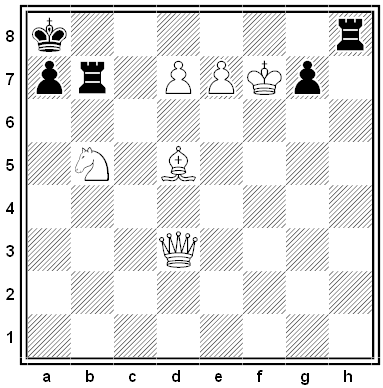This is charming somehow: a detailed portrait of a place that doesn’t exist. During the Cold War, U.S Army cryptologist Lambros D. Callimahos devised a “Republic of Zendia” to use in a wargame for codebreakers simulating the invasion of Cuba. (Callimahos’ maps of the Zendian province of Loreno are below; click to enlarge.)
The Zendia map now hangs on the wall of the library at the National Cryptologic Museum. The “Zendian problem,” in which cryptanalysts students were asked to interpret intercepted Zendian radio messages, formed part of an advanced course that Callimahos taught to NSA cryptanalysts in the 1950s. Graduates of the course were admitted to the “Dundee Society,” named for an empty marmalade jar in which Callimahos kept his pencils.
08/02/2025 UPDATE: Apparently they speak Esperanto in Zendia, or at least their cartographers do. “Respubliko” is Esperanto for “Republic,” “Bovinsulo” and “Kaprinsulo” are “Cow-Island” and “Goat-Island”, and so on. (Thanks, Ed and David.)









